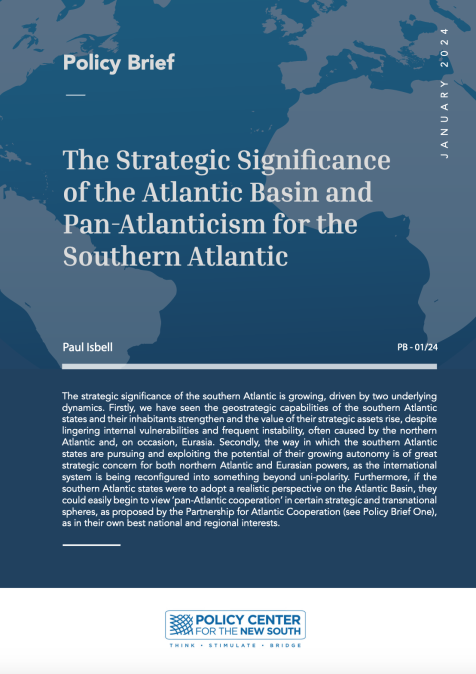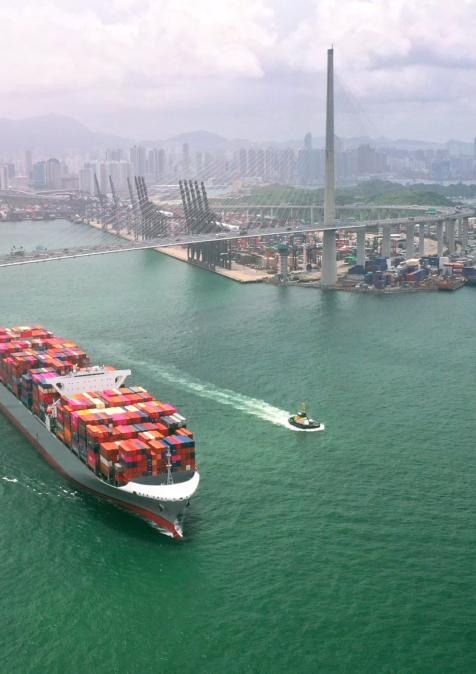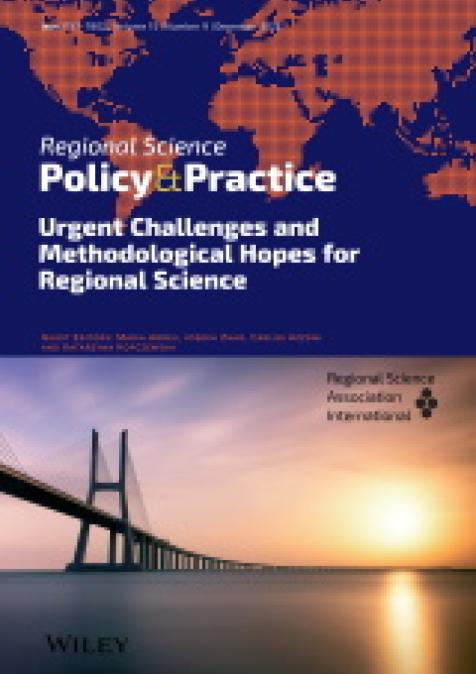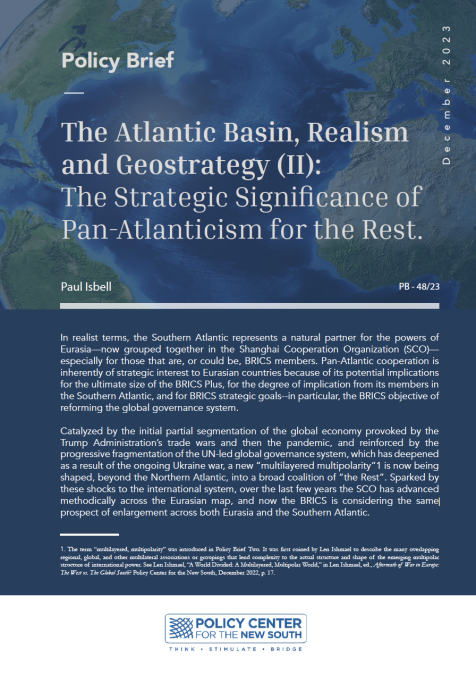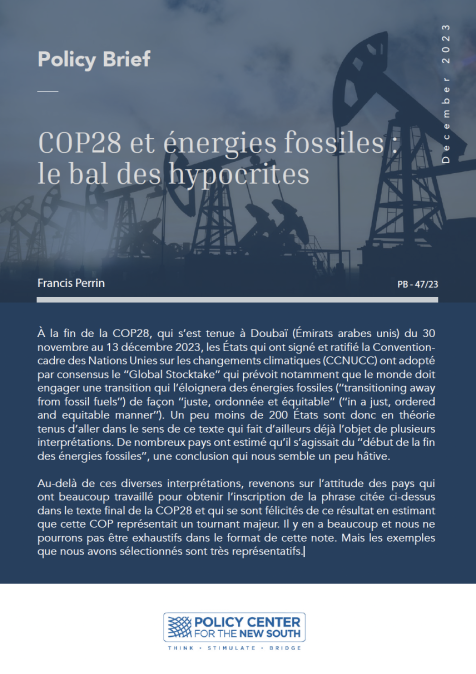Publications /
Research Paper
Le Code de la famille, la Moudawana, apparaissait à son adoption par le Parlement, en 2004, comme étant le début d’une révolution juridique et sociale qui consacre l’égalité homme-femme et améliore le droit des femmes au sein de la cellule familiale. Ayant notamment permis d’ouvrir de nouvelles perspectives en ce qui concerne la condition de la femme marocaine, le Code de la famille a constitué une avancée sociale. Cependant, vingt ans après sa promulgation, force est de constater que le texte de 2004 accuse de nombreuses limites dans la consécration de droits pleins et entiers, et parait de plus en plus inadéquat avec les transformations de la société marocaine. C’est suite à ce constat que le Roi Mohammed VI a appelé les institutions de représentation démocratique à procéder à une refonte globale du Code de la famille, en vue de parvenir à la codification d’un nouveau texte compatible avec la transition sociétale qui caractérise le Maroc contemporain. Dans le cadre de ce Research Paper, nous nous attellerons à scruter les dysfonctionnements et les limites du régime familial en vigueur, en examinant respectivement la lente progression vers l’égalité dans les rapports familiaux, avec un focus sur les droits interpersonnels, matrimoniaux et patrimoniaux ; les insuffisances du régime juridique de la protection des enfants et les problématiques inhérentes à l’établissement de la filiation ; pour ensuite dégager des perspectives de réformes.


